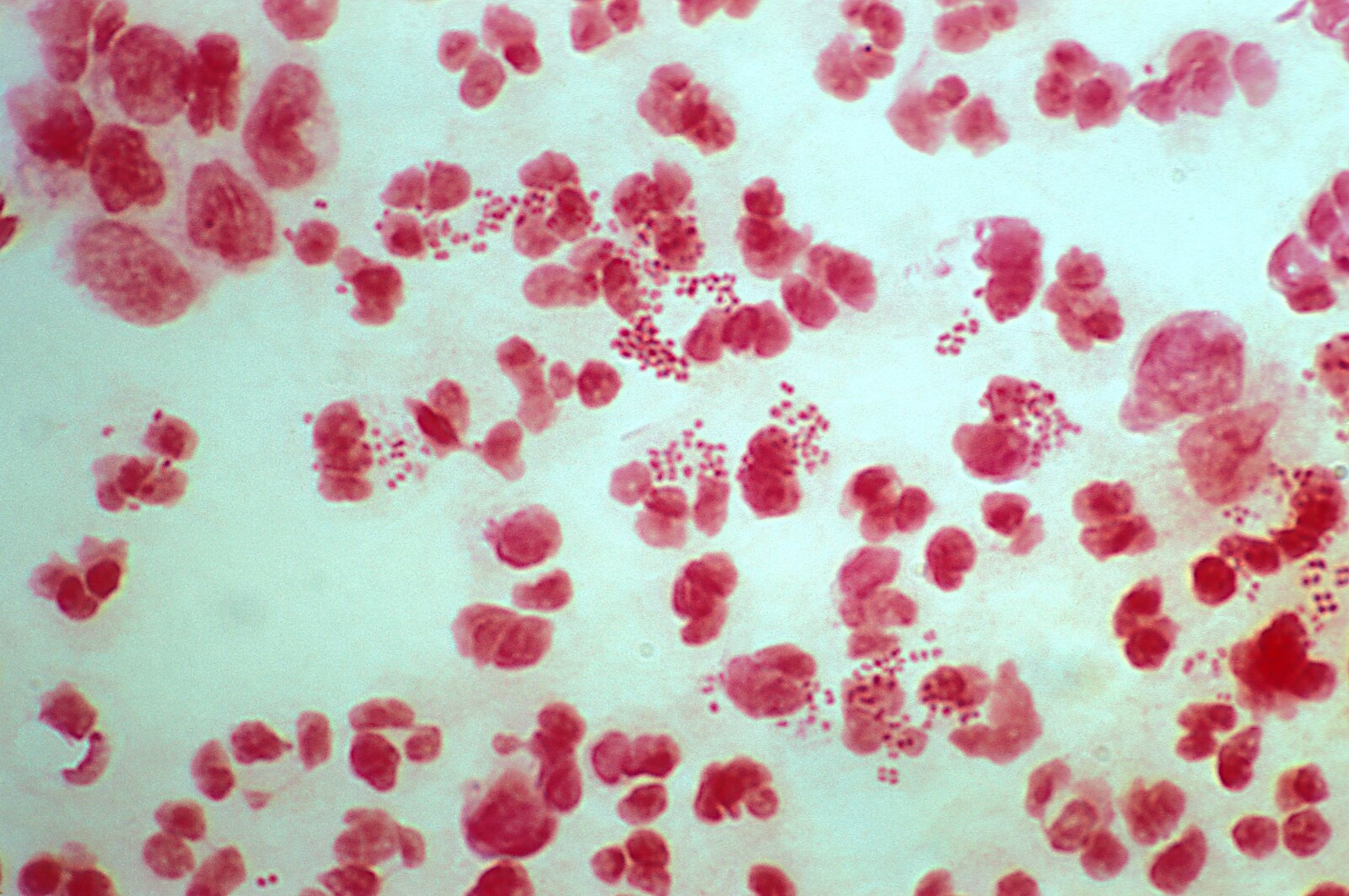Early treatment of gonococcal infection is essential because:
- The highly contagious nature of this infection;
- The seriousness of complications, especially in women
Gonorrhea can be easily cured with antibiotics. Your sexual partners need to be treated, too. If you do not treat gonorrhea, it can lead to serious health problems.
What’s the treatment for gonorrhea?
Gonorrhea is usually super uncomplicated to get rid of. Your nurse or doctor will prescribe antibiotics to treat the infection. Some strains of gonorrhea resist the antibiotics and are hard to treat, so your doctor may give you two medicines, in shot and pill form. Sometimes you only have to take one pill. Other gonorrhea pill treatments are carried for seven days. Your doctor will help you figure out which treatment is best for you. If you’re treated for gonorrhea, it’s really important for your sexual partners to get treated too. Otherwise, you can go back and forth, or to other people. Sometimes your doctor will give you medicine for both you and your partner.

What do I need to know if I get treated for gonorrhea?
If you’re getting treated for gonorrhea:
- Take a look at your doctor’s way to get your symptoms back. The infection stays in your body until you finish the antibiotics.
- Your partner (s) should also get treated for gonorrhea, so you do not re-infect each other or anyone else.
- Do not have sex for seven days. If you only have one dose of medication, wait till a week after you take it to have sex. If you’re taking medicine for seven days, do not have sex until you’ve finished all of your pills.
- Get tested again in 3 months to make sure your infection is gone.
- Do not share your medicine with anyone. Your doctor can give you a separate dose of antibiotics for your partner. Make sure you both take care of the drug.
- If you still have symptoms after your treatment, call your doctor.
- Even if you finish your treatment and the gonorrhea is gone, it’s possible to get infected with gonorrhea again. Gonorrhea is not a one-time-only deal. So use condoms and get tested regularly.
What happens if you do not get treated for gonorrhea?
Even though gonorrhea is universal and does not always cause symptoms, it can become a big deal if it’s not treated. Gonorrhea can spread to your uterus and fallopian tubes, causing pelvic inflammatory disease (PID). PID could cause permanent injury, infertility, or ectopic pregnancy. Getting tested for gonorrhea lowers your chances of getting PID. If you have a penis, an infection can spread to your epididymis (a tube that carries sperm from your testicles) and can cause pain in your testicles. Rarely, it can make you infertile. Having gonorrhea also increases your chances of getting or spreading HIV, the virus that causes AIDS. Rarely, untreated gonorrhea may spread to your blood, skin, heart, or joints and lead to serious health problems or even death.
If you have gonorrhea while you’re pregnant and do not treat it, it can be passed to your baby when you’re giving birth. This can lead to problems for the baby, including blindness, joint infections, or blood infections, which can be deadly.
The best way to avoid all these problems, Get tested and treated early.
In the case of urethritis or uncomplicated cervicitis: a “minute” antibiotic treatment makes it possible to stop contagiousness quickly. Spectinomycin (1 intramuscular injection) gold Ceftriaxone (1 intramuscular injection gold two tablets ounce). Quinolones (rosoxacin, norfloxacin, ciprofloxacin, or ofloxacin) are molecules that are used less frequently.
In the case of blood circulation, hospitalization with infusion therapy is necessary.